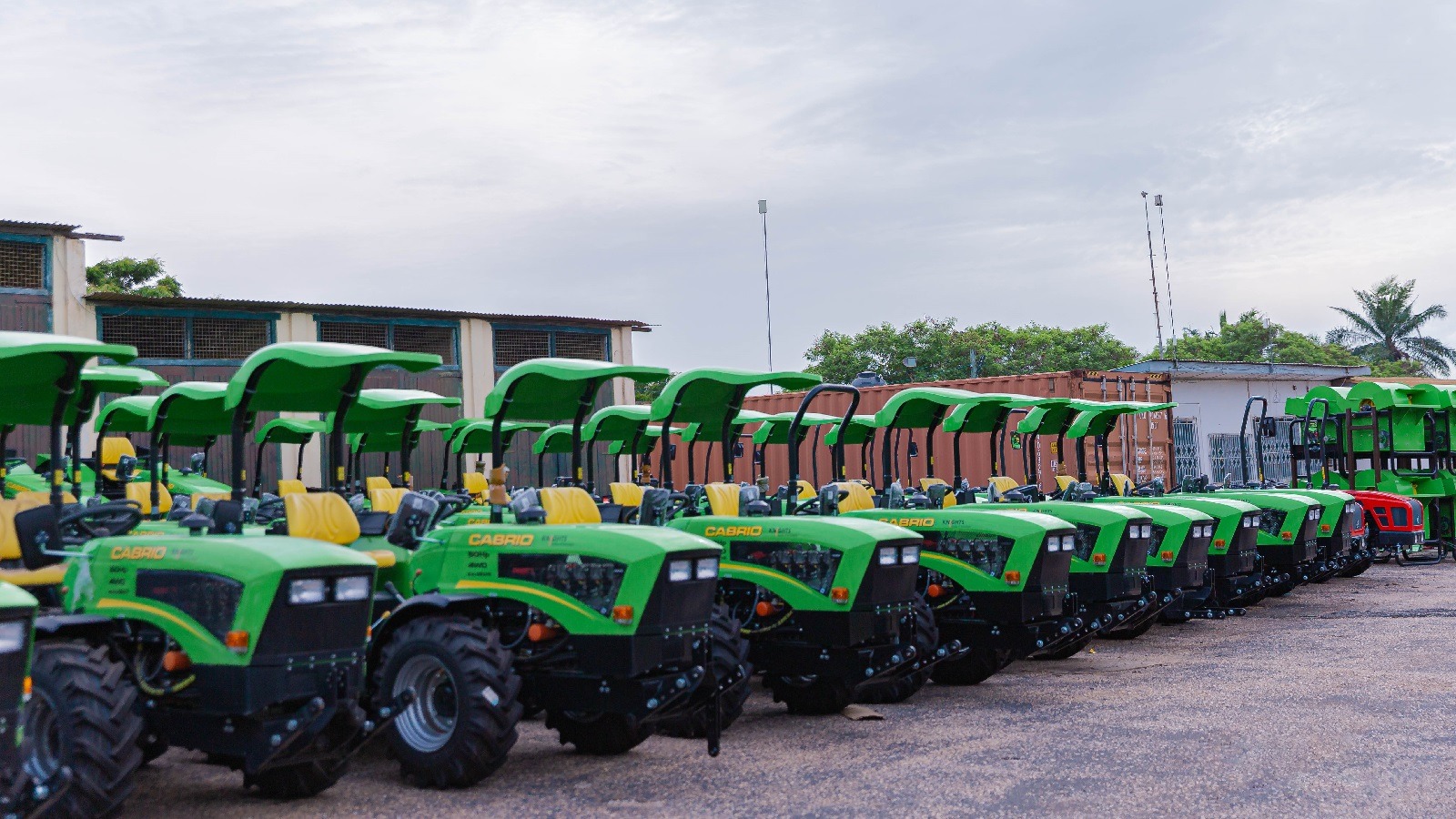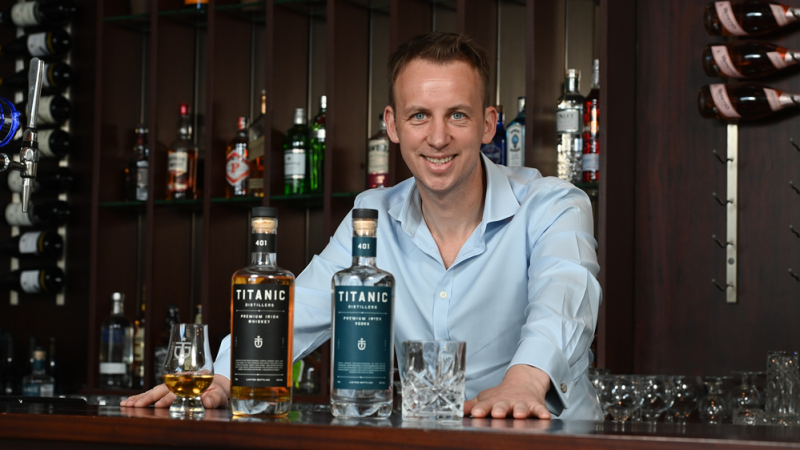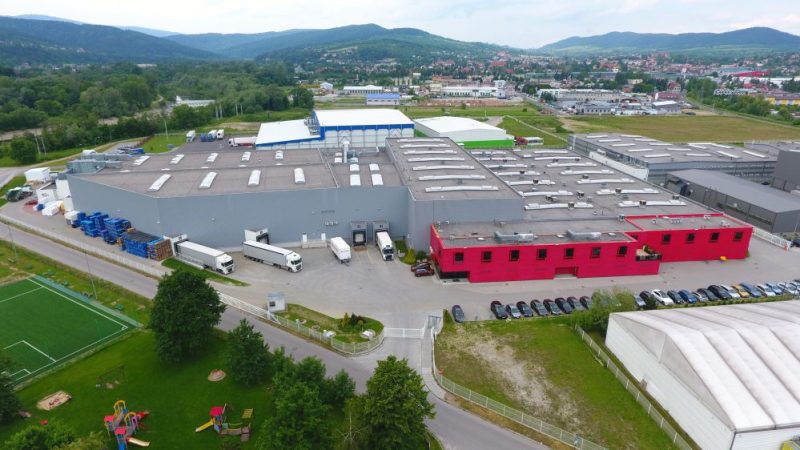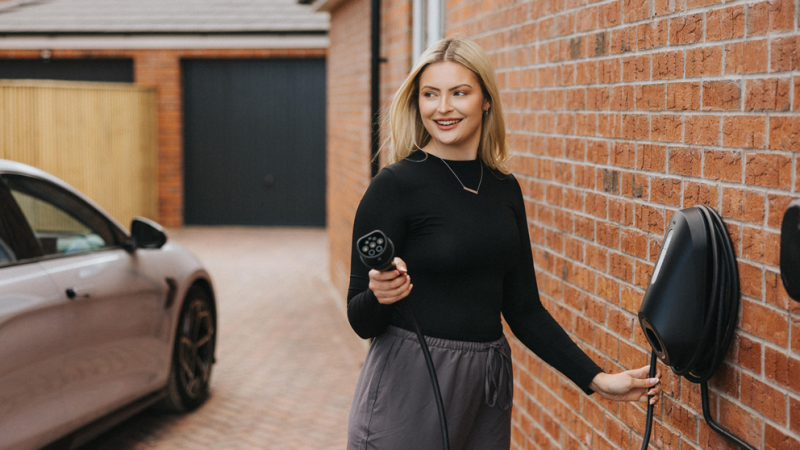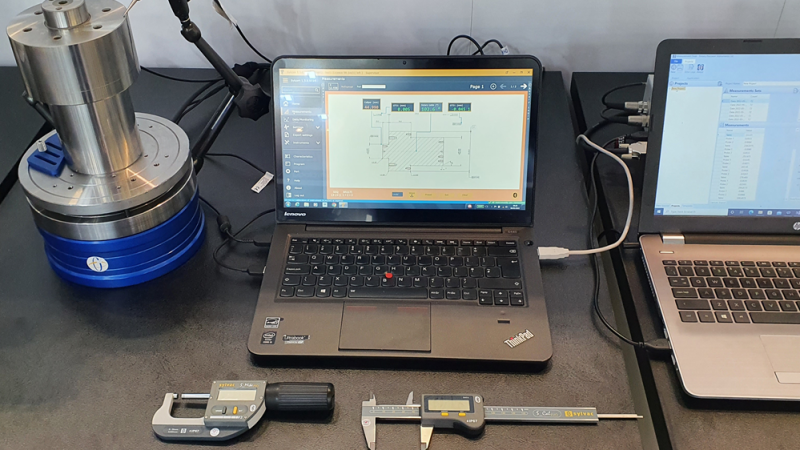Knights Ghana Ltd is a subsidiary of the Czech Republic company, Knights Ltd. Both companies have the same married couple as shareholders, and trade in the same industries, but the structure of the business allows it to leverage international resources at a local level.
“Knights of Ghana represent Knights of the Czech Republic here,” says Dr Karl Laryea, CEO and Chairman of Knights Ghana Ltd.

“All the works and agreements we’ve signed with the Ghana government are implemented on the ground in Ghana by a locally-based company.”
The company was founded in 2007 with a memorandum of understanding with the Ministry of Transportation, opening the door to an agreement to supply tractors, and the maintenance infrastructure to support it.
“It means that there should be spare parts in Ghana that farmers will be able to buy from us to maintain their tractors,” Laryea tells us. “We have also trained Ghanaians here in the Czech Republic to manage and maintain their tractors in Ghana.”
As well as tractors, Knights of the Czech Republic is also contracted to supply 58 modular bridges to Ghana, but it is Knights Ghana, which is implementing the local works, hiring sub-contractors, and launching the bridges.
“Instead of sending people from the Czech Republic to Ghana, we have a subsidiary employing Ghanaians and training them to do the job locally for us,” Laryea points out.
A Trans-Continental Partnership
As an African company, Knights Ghana faces many of the challenges typically facing African companies.
“For instance, our agreement is that once our work is checked and accepted, we are paid within 60 working days, but it can take as much as four months,” Laryea says. “In the meantime, we have to pay our subcontractors, and in some of the work we do subcontractors need the money immediately, before they even do the work.”
Knights Ghana can navigate these challenges because of its partner in the Czech Republic.
“We fund the projects from the Czech Republic,” Laryea says. “The technologies we are using are from Europe, and we can train our staff in their use and maintenance. They are very good, but where there are maintenance issues we cannot solve here, we can send the product back to Europe.”
In many ways, Knights Ghana and Knights Czech Republic are the same company, one incorporated in 2007, and one in 1997.
“All the shares are held by myself and my wife. It is a joint stock company. Knights Ghana is also a limited liability company, and we are the directors,” Laryea says. “It means that if there are issues with delayed payments, it doesn’t affect us too much because we are the owners of the company, and we can fund operations in Ghana.”
Alongside everything that Knights Ghana has achieved so far, it has also received recognition and support from the Czech government.
“Because of our efforts the Czech government is coming in offering the help of the Czech Export Bank in Ghana and any other African country where we think we can find projects,” Laryea tells us proudly. “There’s a lot of funds coming to support these activities and solve some of the problems we face in Africa.”
This backing is proving vital as the company faces competition from Chinese companies that are funding cheaper but lower-quality rival equipment.
“Cheap technology doesn’t last, so we try as much as possible to fund our projects through the Czech Export Bank,” Laryea points out.
Ghanaian Talent
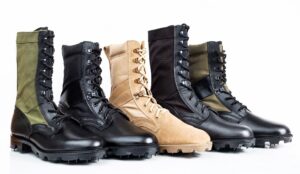 But while it has international partnerships behind it, Knights Ghana Ltd is still, fundamentally, a Ghanaian company, which requires Ghanaian talent. The company is building 50 bridges, done in lots of three- one in the North, one in the South, and one in the middle, all requiring workers.
But while it has international partnerships behind it, Knights Ghana Ltd is still, fundamentally, a Ghanaian company, which requires Ghanaian talent. The company is building 50 bridges, done in lots of three- one in the North, one in the South, and one in the middle, all requiring workers.
“It was very difficult for us at the beginning, but we worked closely with the Ministry of Roads and Highways,” says Laryea.
That local knowledge has proved to be an essential boon to the company.
“We were lucky to get in three former directors from the Ministry, directors of bridges, and we gave the job to them,” Laryea tells us. “They have been in the system for quite a long time, so they can pinpoint good companies to work with, allowing us to avoid trial and error. They know the good guys who can do the job. We are able to get good engineers and operators to work with because they have been in this business.”
With the ability to source talent locally, and funding and supply chain internationally, the future is looking good for Knights, and it has many exciting projects in the pipeline.
“In 2009, we bought a commercial factory built by Czechs in the 1960s and abandoned,” Laryea tells us. “The government wanted it refurbished, so we bought a 60% share, with 40% shares owned by the government and held in trust by the Ghana Military.”
The Ghanaian military and Knights Ghana Ltd formed a joint-venture company by the name DIHOC Footwear Division. It brought its own machines in and began manufacturing shoes.
“We produce from the factory today are made in Africa, but all the machines are made in the Czech Republic,” Laryea explains. “We also have a joint-venture company producing fruit juices to sell on university campuses. So, when we put in an application to supply bridges, the government knows us, and we have proven that we can do the job.”
Knights is currently negotiating with the government to provide more bridges and is also working on a tram system like the ones found in cities in the Czech Republic and Croydon in the UK.
“We’re trying to arrange one with Kumasi,” Laryea says. “As of now, we have established ourselves as one of the best Czech companies to work with in Africa.”
Indeed, Knights is looking beyond Ghana’s borders for more business, with orders coming in from Uganda, Tanzania, and Nigeria. It is the culmination of a life’s work for Laryea.
“I am Ghanaian, I went to the Czech Republic to study. The Czech government has acknowledged my contribution, and just last week I was given an award from the Czech government,” Laryea says. “The prospects for our company are great in Ghana and West Africa.”
